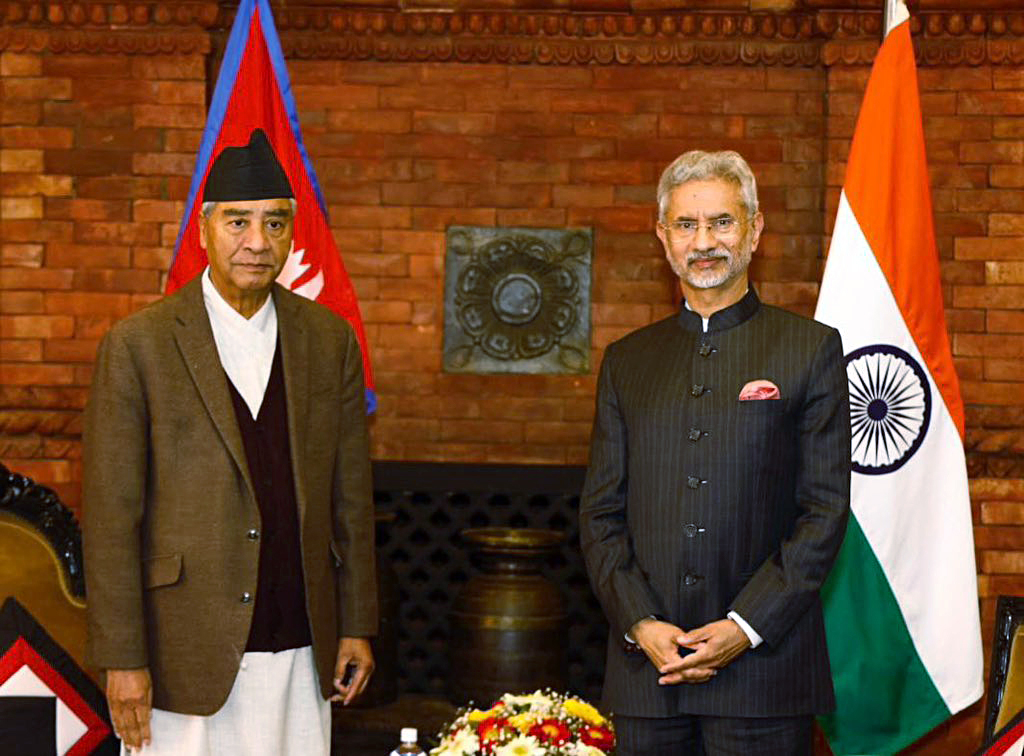The patterns that emerged from this analysis were used to build a Machine Learning-enabled risk assessment model…reports Asian Lite News
Scientists at the Massachusetts Institute of Technology (MIT) in the US have developed a new Artificial Intelligence (AI) model that can predict early which SARS-CoV-2 variants are likely to cause new waves of infection.
Current models used to predict the dynamics of viral transmission do not predict variant-specific spread.
The team led by Retsef Levi from MIT’s Sloan School of Management studied what factors could shape the viral spread based on an analysis of 9 million SARS-CoV-2 genetic sequences collected by the Global Initiative on Sharing Avian Influenza Data (GISAID) from 30 countries, along with data on vaccination rates, infection rates, and other factors.
The findings are published in the journal PNAS Nexus.
The patterns that emerged from this analysis were used to build a Machine Learning-enabled risk assessment model.
The model can detect 72.8 per cent of the variants in each country that will cause at least 1,000 cases per million people in the next three months after an observation period of only one week after detection.
This predictive performance increases to 80.1 per cent after two weeks of observation.
Among the strongest predictors that a variant will become infectious are the early trajectory of the infections caused by the variant, the variant’s spike mutations, and how different the mutations of a new variant are from those of the most dominant variant during the observation period.
“This work provides an analytical framework that leverages multiple data sources, including genetic sequence data and epidemiological data via machine-learning models to provide improved early signals on the spread risk of new SARS-CoV-2 variants,” said the researchers in the study.
While calling for more research, they noted that the modelling approach could potentially be extended to other respiratory viruses such as influenza, avian flu viruses, or other coronaviruses.
ALSO READ-EU lawmakers agree on artificial intelligence laws













